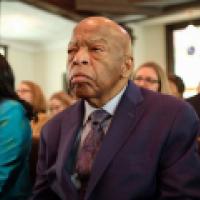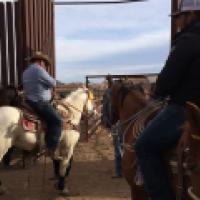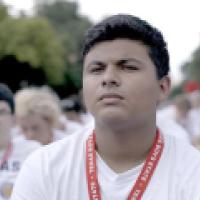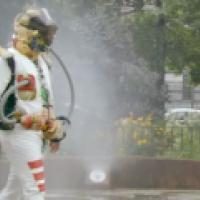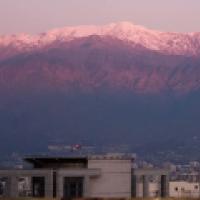Film series: Documentaries for Our Times
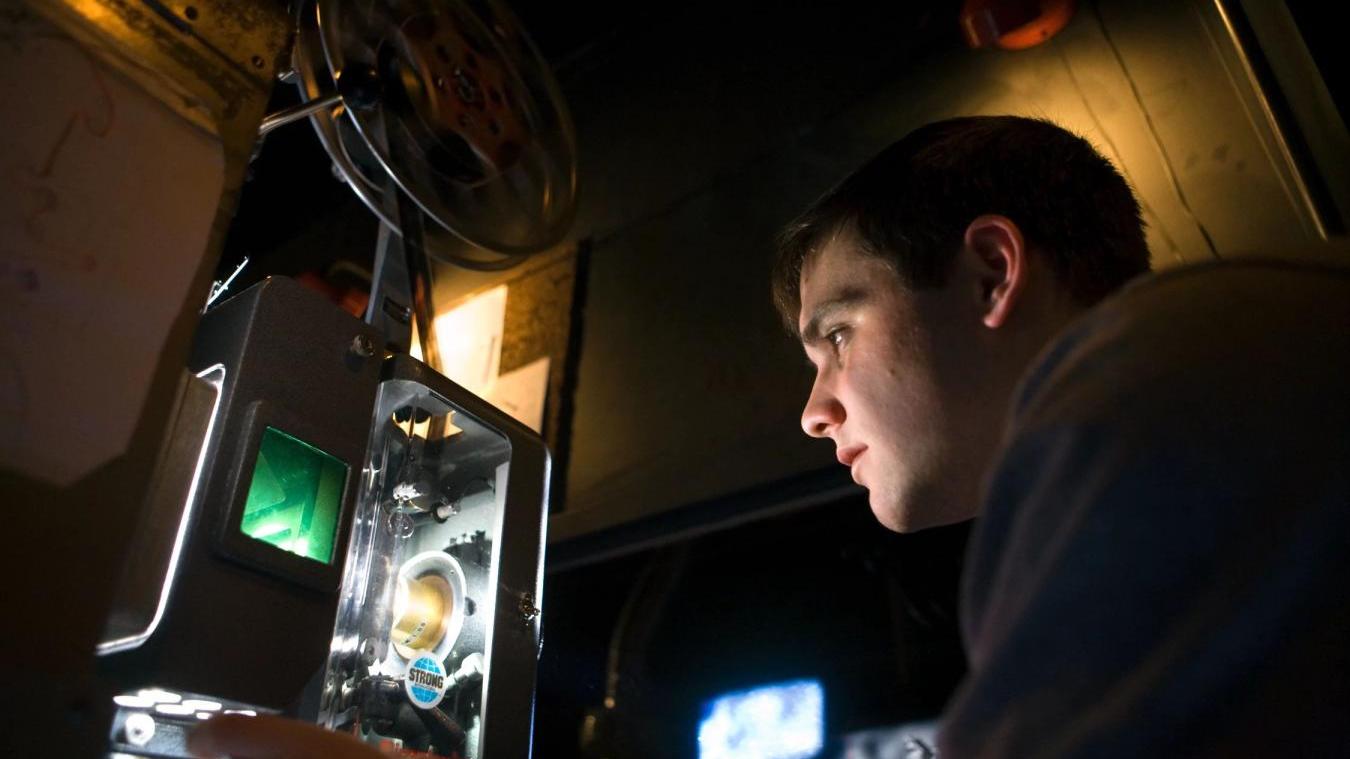
image from Arresting Power: Resisting Police Violence in Portland, Oregon
In addition to the four films showing as part of Art Docs, we offer these six timely films, two of which—The Cordillera of Dreams and Crossing Columbus—are doing double duty in the Cine con Cultura Latinx American Film Festival, and another two—John Lewis: Good Trouble and Arresting Power: Resisting Police Violence in Portland, Oregon—are screening as part of our Black Lives on Screen series. Read more about these titles in their respective series’ articles.
Some of the most exciting film work happening today takes place within the documentary genre, which is so rich with possibilities to explore its topics, and the films in this series offer some great examples, employing archival footage, essayistic format, experimental techniques, reality show and fictional elements. Both The Cordillera of Dreams and Crossing Columbus call upon the surrounding landscape to play a major role. Both John Lewis: Good Trouble and Arresting Power function as calls to action.
The Hottest August, which we were slated to show this past April on Earth Day, but had to cancel, is a cine-essay on climate change and the future, although not what you’d expect. Filmmaker Brett Story spent the month of August 2017 interviewing New Yorkers, asking them “Do you have any worries about the future?”
Describing the film in his Variety review, Peter Debruge writes:
“The responses run the gamut, rarely touching on climate change, which is telling in and of itself. At a time when our impact on global weather conditions can be both measured and felt, we as a society have chosen to concentrate on other issues…. It’s an infinitely rich sort of Rorschach test for our respective individual anxieties in these tempestuous times, as Story and editor Nels Bangerter invite viewers to read what they please into their elaborate brain-teaser, whether those anxieties are identified outright or not. One doesn’t need to name Trump to feel his impact on people (August 2017 was the month of the “Unite the Right” rally in Charlottesville, N.C.), or to speak the words “racism,” “police brutality” and “sexual assault” to recognize citizens responding to those threats—at Black Lives Matter rallies, self-defense classes or those places where you can pay for the chance to smash an old PC to smithereens with a sledgehammer…. Story’s an original, and the film is a revelation—a movie that’s as deep as we’re willing to read into it, and an invaluable time capsule for summers far in our future, assuming we ever get there.”
The film is just as timely now as when it first came out. Brett Story will join us for a Q & A on Wednesday, September 9 at 7:30pm.
Boys State—which started streaming in July—takes us into the belly of the beast, so to speak, where our future politicians are cutting their teeth on some of the very same issues explored in The Hottest August.
Winner of the U.S. Grand Jury Prize for Documentary at the most recent Sundance Film Festival, the documentary explores how a group of Texas teens participated in the American Legion program (Boys State, in existence since 1935) to learn about democracy by organizing political parties and running a mock government over the course of one week.
“The filmmakers found a group of compelling, complex subjects to follow for the week (they had many cameras operating simultaneously to manage this verité coup)…. In this little microcosm you see not only a portrait of some serious-minded youths, but how their world views, morals and political beliefs have been molded by what’s happening in the country. And it manages to be both hopeful and bleak about our political present and future.” (Lindsey Bahr, Associated Press)
Filled with hilarious moments as well as unsettling ones, the film is both wildly entertaining and cringe-worthy.
Documentaries are necessary, more than ever, to flesh out the stories behind the sound bites, reveal the lives obscured in the headlines, and explore the history beneath the surface.
As Rose Bond writes in Afterimage:
“In rare confluences of timing and artfulness, documentary films, at their best, can fill a breach, sound a clarion call, and coalesce communities to action.” We need them.

